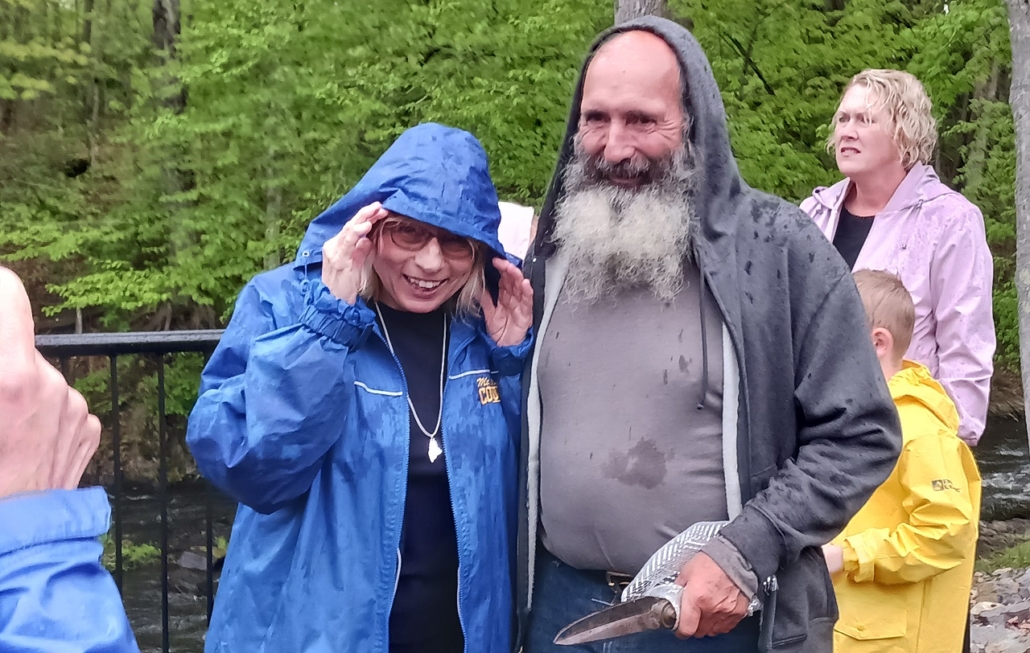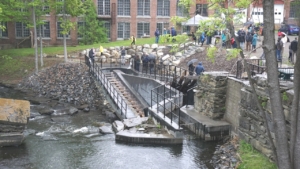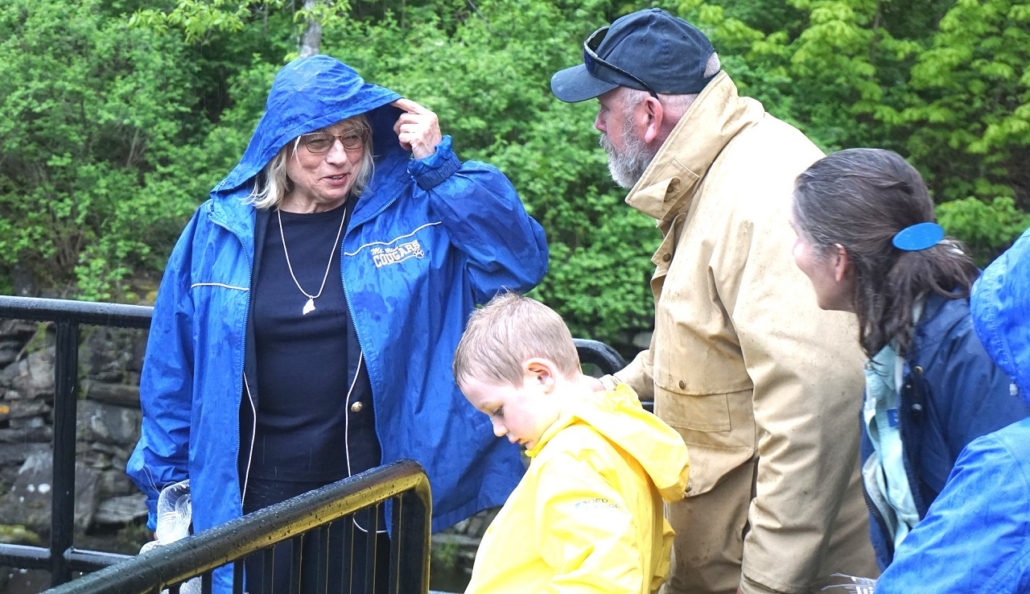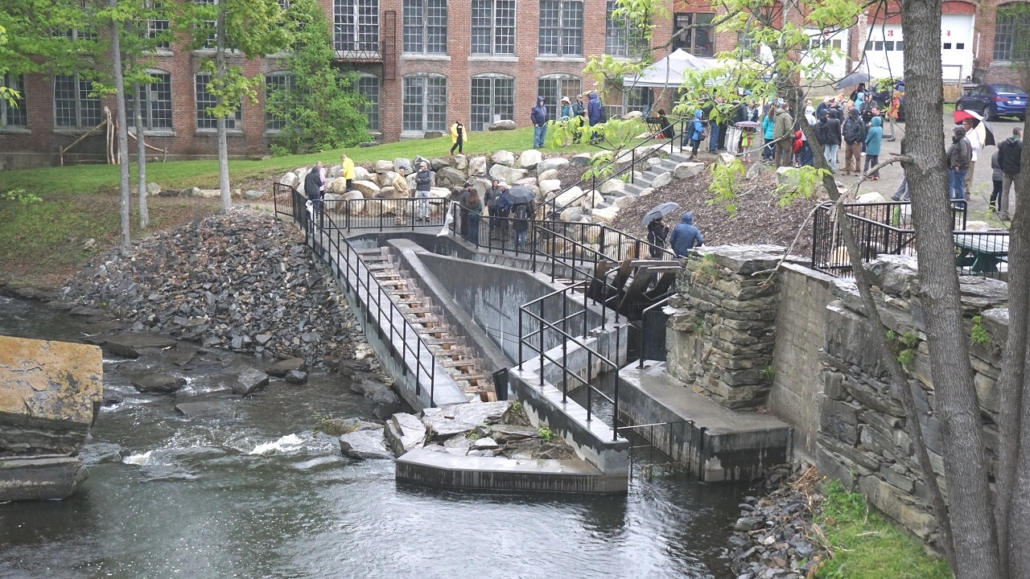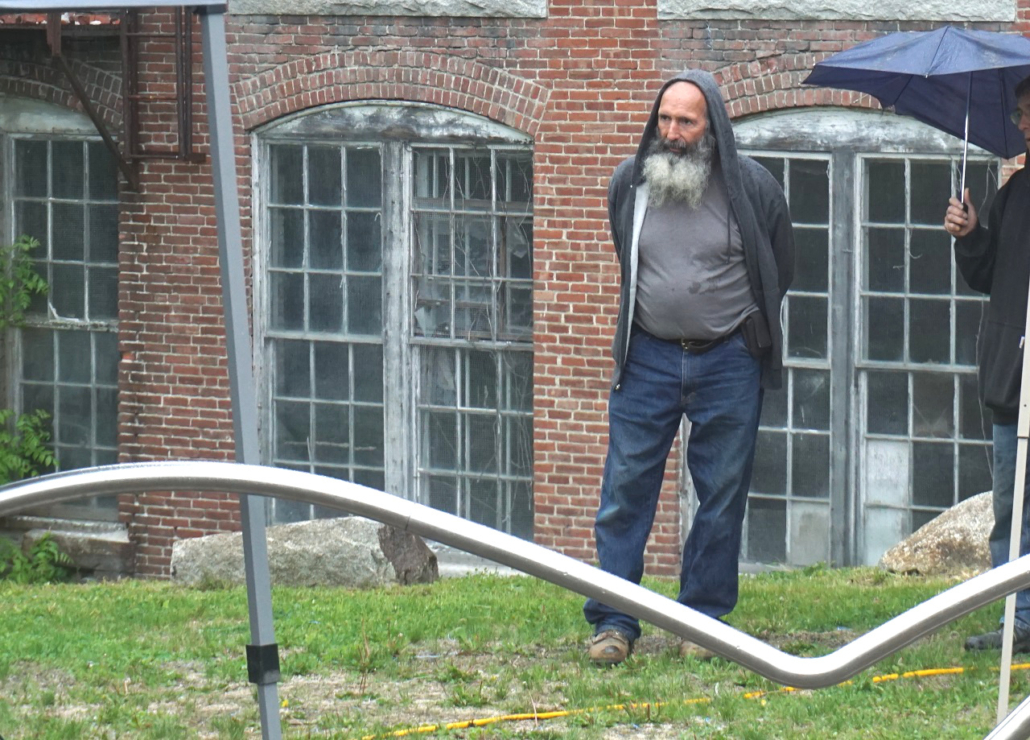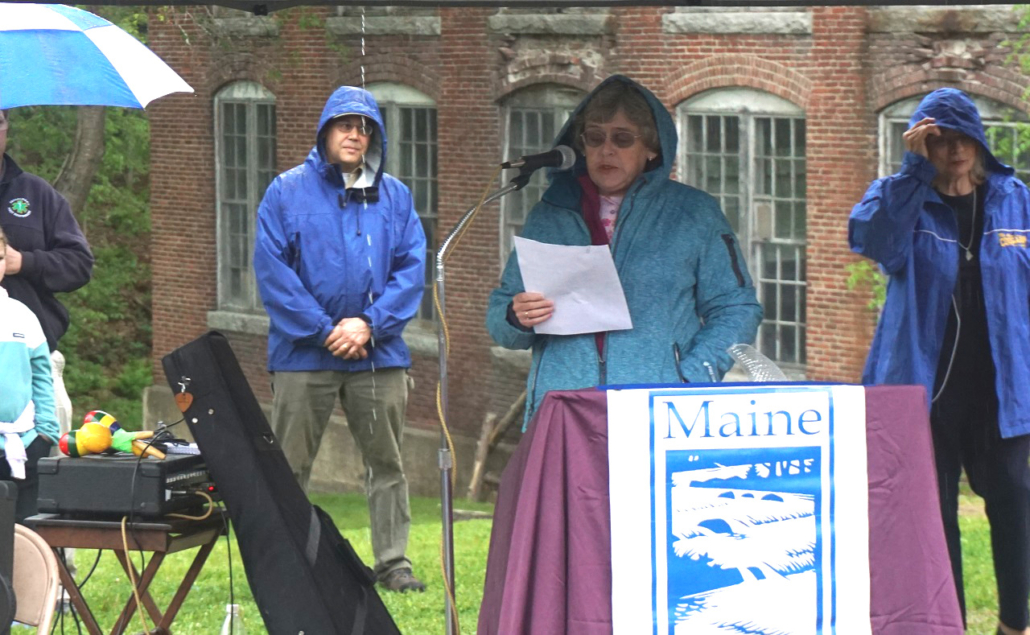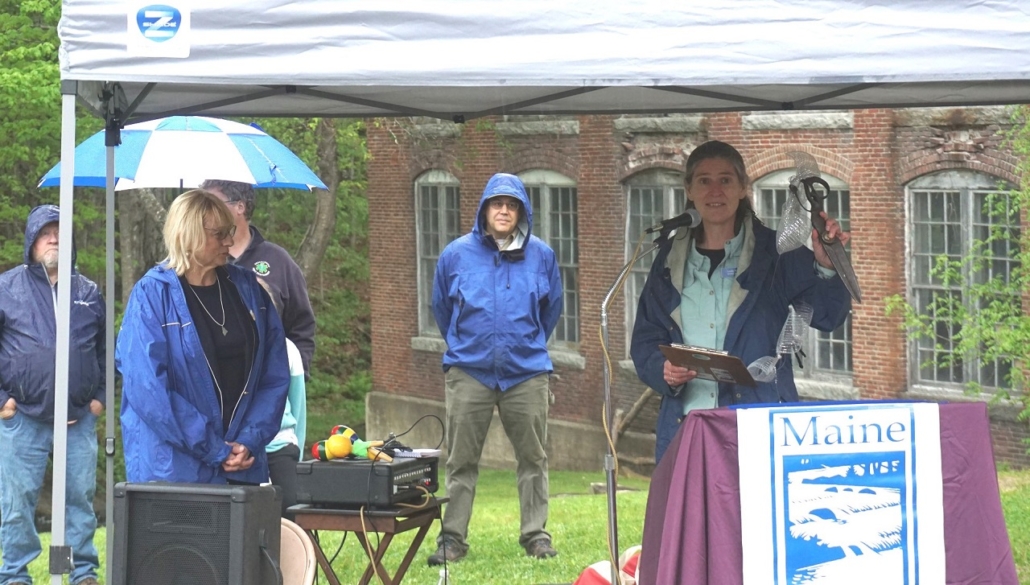VASSALBORO, ME — Vassalboro voters who assemble in person at 6:30 p.m. Monday, June 6, at Vassalboro Community School will decide on the 2022-23 town budget and numerous other issues, including whether to establish a new fund, whether to let select board members buy a new town truck and whether to amend the town’s Marijuana Business Ordinance.
The part of the annual town meeting warrant to be decided June 6 consists of 39 articles. The final 15 of the 39 are the proposed 2022-23 school budget.
The meeting will continue by written ballot on June 14, with polls open at the town office from 8 a.m. to 8 p.m. Town issues to be decided June 14 are local elections and ratification or rejection of the school budget approved at the open meeting.
State primary elections are also on June 14.
The first action June 6 is election of a moderator to run the meeting. Town Manager Mary Sabins said veteran moderator Richard Thompson has agreed to serve, if he is elected.
The second article asks voters to elect five budget committee members for two-year terms. Current members whose terms end this year are Richard Bradstreet, Rick Denico, Jr., Douglas Phillips, Michael Poulin and Frank Richards.
Most proposed municipal expenditures are in Art. 5, with a total of $2,582,004 for 14 accounts. The three largest are $593,925 for public works; $577,835 for administration; and $558,290 for road paving.
Select board and budget committee members both recommend these expenditures. In spring meetings, the two groups discussed how much road paving Vassalboro can afford at current prices and how generous salary increases for town employees should be.
Select board members are considering adopting a salary scale for town employees, based on information collected by consultant Laurie Bouchard, of Jefferson. They postponed a decision until after voter action on the budget and election of a new board member.
The library budget got more attention than usual at select board and budget committee meetings. Library supporters ask for $60,500 next year, up from $35,000 in the current year, to continue the town’s contribution to salaries and to provide more community programs.
Three more expenditure requests are in Art. 6: $156,000 to add to the capital improvement reserve, $106,000 for roadside mowing equipment and $20,000 for streamside park development. Officials discussed the latter two repeatedly.
The “roadside mowing equipment” started as Road Foreman Gene Field’s request for a specific piece of equipment and was rewritten to cover more options; at that, budget committee members endorsed it by a one-vote margin, five in favor and four opposed. Alternatives discussed by select board and budget committee members included leasing equipment, a method Field said would be more expensive.
The streamside park is proposed for the town-acquired lot between Route 32 and Outlet Stream, a short distance north of East Vassalboro. Eventual plans include a parking area, picnic tables and probably a pavilion or other shelter, enough to open the land for nature-watching, picnicking and fishing.
Art. 7 asks if voters want to establish a “Property Cleanup Fund,” using $25,000 in tax money plus a $40,000 grant from the State and Local Fiscal Recovery Fund. The cleanup fund would be used for two purposes: removal of “vacant, dangerous or abandoned” buildings, after appropriate legal procedures; and removal of “junk, waste, unregistered vehicles or similar offending materials” from an unlicensed junkyard or a property deemed to violate “public health or nuisance laws,” again with appropriate legal safeguards.
The immediate target is the former church on Priest Hill Road, in North Vassalboro, which has been declared a dangerous building. State law says the property-owner is to pay for demolition, but Chad Caron has told select board members he does not expect to be able to reimburse the town.
The request to buy a new town truck is in Art. 11. Select board members ask authorization to spend not more than $288,000 for a “new truck, plow and sander,” and to sell or trade the town’s 2009 Volvo truck. They expected to use $125,000 from the truck reserve fund and $108,000 carried forward from the current fiscal year, and are asking for a 2022-23 appropriation from taxes of $55,000.
Field would prefer to keep the old truck as a spare, in case two newer trucks break down simultaneously, as happened this past winter.
At the May 26 select board meeting, Sabins said the truck reserve fund is currently below $125,000, due to the national economy. Board members agreed that if the fund is not adequate by June 6, they will offer an amendment to the article that, if accepted, would allow use of surplus money (from the town’s unallocated fund balance) to make up the difference.
The proposed amendment would leave the total to be spent on the truck at $288,000. It would only change the source of the money, if a change were needed (see also the article on the Vassalboro select board meeting in this issue of The Town Line).
The proposed amendments to the Marijuana Business Ordinance, in Arts. 12 and 13, clarify licensing requirements and amend the definition of a cultivation facility.
Articles that will be familiar to regular voters deal with tax due dates (four are proposed, as usual); harvesting alewives; the Tax Increment Financing (TIF) program; and a request for a $15,000 contingency fund select board members can use for emergencies and unanticipated expenses.
The total school budget request for 2022-23 is $8,722,176.29. Two parts of the total come from town taxpayers: $2,410,095 as the required matching money for the state’s Essential Programs and Services grant, plus $1,313,915 in additional local funds. A note in the warrant says the school board recommends the additional town money to contribute to costs for “special education, salaries and benefits, and tuition.”
The budget recommended by the select board and the budget committee is expected to cause no change in the local property tax rate. The 2021-22 rate of 14.48 mils ($14.48 for each $1,000 of valuation) should remain in 2022-23, barring major economic changes.
In June 14 local and state elections, there are no contests on any ballot, although there is a line for a write-in candidate for each office.
On the town ballot, Frederick L. Denico II is unopposed for a three-year term on the select board, succeeding Robert Browne, who is not running for re-election. Frederick L. Denico II is the same man as budget committee member Rick Denico, Jr., in Art. 2.
For two three-year terms on the school board, Jessica Clark is unopposed for re-election and Amy M. French is unopposed for the vacant seat left by Kevin Levasseur’s retirement.
Party primary ballots list, for local Democratic candidates, Storme Jude St. Valle, of Augusta, for District #15 state senator and Amy J. Davidoff, of Vassalboro, for District #61 state representative. For Republicans, District #15 State Senator Matthew Gary Pouliot, of Augusta, and District #61 State Representative Richard Bradstreet, of Vassalboro, are unopposed for re-election.
The municipal ballot asking if voters want to endorse the school budget includes a second question, identified as a non-binding straw poll intended to offer guidance to select board members. It asks if voters want town officials to write a solar ordinance “that would regulate where and how many solar arrays could be constructed in town, and also provide rules about decommissioning the arrays after their useful life.”
The final version of such an ordinance would become effective only with voter approval.
The annual Vassalboro town report for the year ending June 30, 2021, is now available. Printed copies are at the town office; the report is also on line.
On-line access to the town report, the town meeting warrant and all the separate ballots and Sabins’ budget summary is found in the center column on the website, Vassalboro.net, under the heading TOWN MEETING INFO.
 The following local students were named to the 2021 fall semester dean’s list at Simmons University, in Boston, Massachusetts. To qualify for dean’s list status, undergraduate students must obtain a grade point average of 3.5 or higher, based on 12 or more credit hours of work in classes using the letter grade system.
The following local students were named to the 2021 fall semester dean’s list at Simmons University, in Boston, Massachusetts. To qualify for dean’s list status, undergraduate students must obtain a grade point average of 3.5 or higher, based on 12 or more credit hours of work in classes using the letter grade system.

